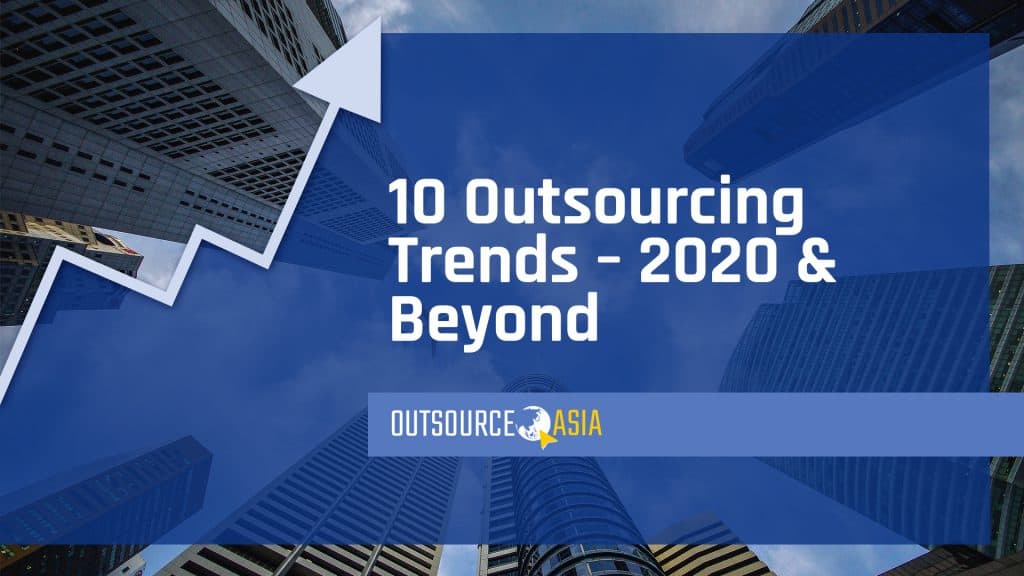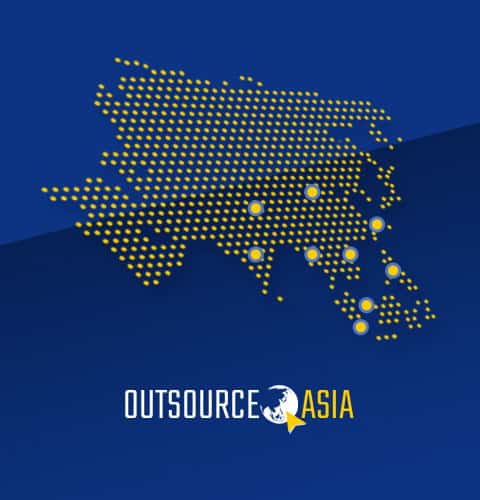
Knowledge Process Outsourcing (KPO) in Asia: Accessing High-Level Expertise
In the past, outsourcing was often seen as a cost-cutting tool—hand off the routine, save money, and move on. But the outsourcing landscape has changed. Today, it’s not just about efficiency—it’s about expertise. That’s where Knowledge Process Outsourcing, or KPO, comes in. And Asia? It’s at the center of this evolution.





